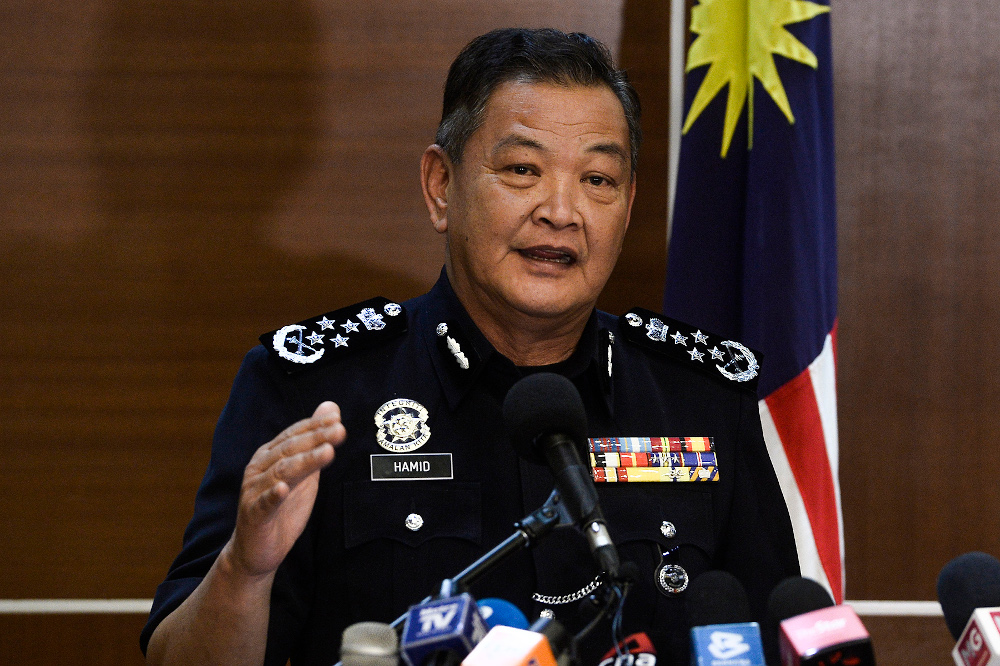LANGKAWI, Dec 29 — Inspector-General of Police Tan Sri Abdul Hamid Bador said the police will assist the Ministry of Domestic Trade and Consumer Affairs (KPDNHEP) with investigations into the meat import cartel case.
He said the department had also opened several investigation papers over the issue based on reports lodged by several individuals and non-governmental organisations.
“This issue is related to trade, so the most relevant (authority) to investigate it is KPDNHEP, but in the meantime, the police will investigate reports claiming that there are cartels that commit irregularities with regard to imported meat.
“If it is proven that such activities exist and it causes concern to the public, we will enforce the law,” he said at a press conference after the Khazanah Integrated Operations Meeting (OBK) here today.
He said, however, no arrests had been made by the police so far in connection to the case.
The issue over the imported meat with questionable halal status recently heated up after the media managed to unravel the case, causing public outrage.
On the OBK meeting chaired by the Royal Malaysian Customs Department (Customs), Abdul Hamid said among the issues raised was about action against employers who had kongsi houses at the edge of the forest, which allowed their foreign workers to carry out wildlife trapping activities.
“Some foreign workers take the opportunity to trap animals in the forest near the kongsi house, but we will take stern action against the employer because they are responsible to ensure that the workers do not commit such offences,” he said.
Meanwhile, Wildlife and National Parks Department (Perhilitan) director-general Datuk Abdul Kadir Abu Hashim said that by 2021, OBK enforcement activities will be concentrated at hunting areas in forest reserves, including in the Titiwangsa Range National Park which has been identified as a protected area and natural habitat for the Malayan Tiger.
He said there were hunters who set traps for wild boars, for example, but other protected wildlife were also affected by them.
“So we want to focus on destroying the traps, especially wire traps, mostly located on the edges of the forest, especially those close to kongsi houses,” he said.
Customs director-general Datuk Seri Abdul Latif Abdul Kadir was also present at the press conference. — Bernama



















